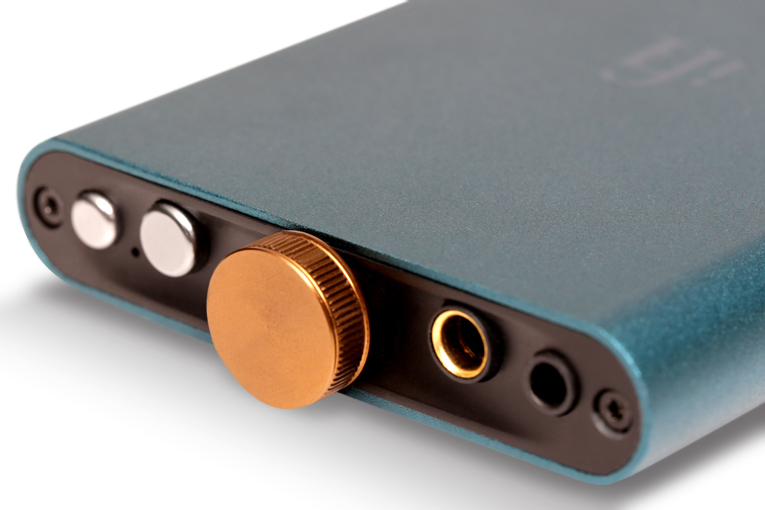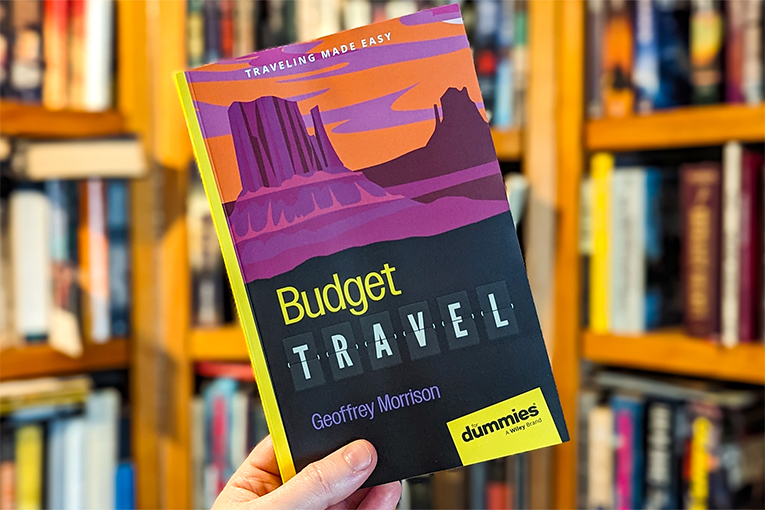As expensive and elaborate headphones have risen in popularity, so too have headphone amplifiers. Big and small, cheap and pricey—it’s a huge market. Well, huge as far as tiny audiophile niches go. Which is to say, it’s a tiny market. I’d bet even the best-selling headphone amp would be a rounding error compared to AirPod sales.
They’re an interesting proposition, however. Like many of you, I have some beloved analog headphones that offer a different experience compared to wireless anything. How we connect these into our lives can vary. I listen to a lot of music at my desk, writing words like these. Sometimes wireless noise-canceling headphones suffice; other times I want something different. That could mean some big, over-ear planar-magnetic beasties that can give my calcified brain a good rattle. I’m also sure many of you just want to listen to music for the sake of listening to music. To have that transcendent experience of listening to Wish You Were Here with the lights off. A pair of high-end headphones or earphones is a great way to do that.

Connecting ’phones like these to the headphone jack of a computer is a waste. Sure, it’s simple, but it also kneecaps anything that’s difficult to drive. It’s possible there’s a desktop or laptop out there that doesn’t have a wheezing amplifier connected to its headphone jack, but I’ve never heard it.
Which brings us back to headphone amps. Partly what you gain with a good headphone amp is, well, gain. You can play even difficult-to-drive headphones to a higher volume. Easier-to-drive headphones don’t need that aspect, since many of them can create unsafe levels from just about any source. You also (in theory) get tighter bass, since there’s more power to control the drivers. The same goes for fast transients.
I say “in theory” because, truth be told, amps don’t play as big a part in the sound of a pair pf headphones as the headphones themselves do. Despite what the marketing copy might imply, a good amp isn’t going to make a bad set of headphones sound good. Best case, it’ll change them a little. Maybe that little is enough, especially if you’ve already found a pair that you like. Like putting better tires on a car or finding the right haircut (I’m told). On the other hand, if your source is underpowering your headphones, adding its own noise, or is otherwise negatively affecting the sound, a headphone amp can make a much bigger difference.

So do you need a headphone amp? If you don’t have analog earphones/headphones, definitely not. If you do, the answer is a heavily qualified “maybe.” If you have difficult-to-drive headphones, you should pair them with an amp. Which is to say, if you’re not getting an acceptable volume out of your headphones, an amp is an easy way to fix that. At the very least, you’ll get that boost, and perhaps a positive change in the sound as well.
Fortunately, it’s also easy to experiment without spending a ton of money. There are a handful of inexpensive amps designed to connect to smartphones. While not as powerful as dedicated models, they theoretically offer better sound on the go than the weak amps inside phones. They can also work their micromagic with a computer.
I’m going to be looking at a bunch of headphone amps at various prices over the coming weeks, starting with the $120 Aiyima T8 I found on Amazon. That review also goes live today. I’m hoping to find some reasonably priced options that perform well even with difficult headphones, as well as some more expensive models that justify their price. If there are any standouts you’ve found that you want me to check out, feel free to leave a comment below.
In other news
Today marks the beginning of my second year at the helm of SoundStage! Solo. Since I wrote about all of 2023 in my December post, I don’t have much to add. Here’s to another year!

In non-headphone news, yesterday saw the official release of my first travel book: Budget Travel for Dummies, part of the For Dummies series from Wiley Publishing. It’s available pretty much everywhere, including Amazon and Barnes & Noble. I’d love for you to check it out, though admittedly the headphone content is limited to talking up the virtues of noise-canceling headphones.
. . . Geoffrey Morrison




